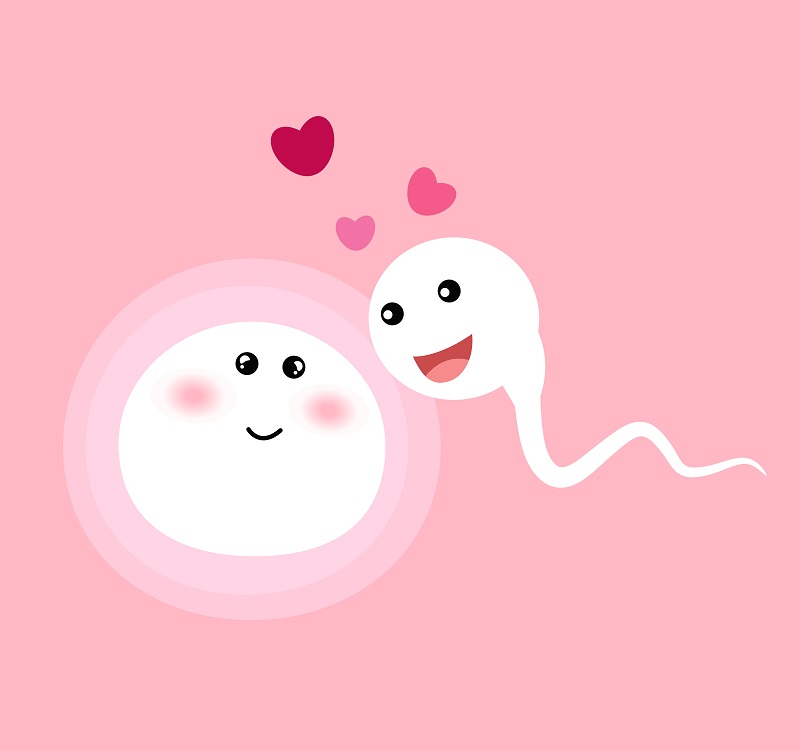
It is helpful to know when you ovulate if you plan to become pregnant. Ovulation occurs when the ovum, or egg, is released during menstruation. It travels through the fallopian tube where it can come in contact with sperm for fertilization.
Ovulation with a Regular Period
Women with regular period cycles will have an easier time knowing when ovulation occurs. First, you should determine the length of your cycle. The first day you notice regular bleeding is day one. This is counted until the day before you started bleeding again (when your next period begins). There may be some variation, but this will give you a good idea about what’s happening in your body.
Ovulation occurs around 14 days before your next period. So if you have a 28-day cycle, then ovulation will happen around the 14th day. Your most fertile period is a couple of days before ovulation. A woman with a 28-day cycle should try to conceive on days 12 through 14.
Ovulation with an Irregular Period
Having an irregular period doesn’t mean you can’t get pregnant. It does mean that the process may be more challenging. You should begin by talking to an OB/GYN to determine the cause of your irregular periods. There may be an underlying cause that needs to be addressed before you attempt to get pregnant.
If you are healthy and have irregular periods, then there are some methods you can use to conceive. You can chart your cycle to look for patterns. This data may also be helpful if you have to go to a fertility specialist later.
You can also take your basal body temperature. A spike in temperature can indicate that ovulation is occurring. Another option is to look for cervical mucus changes. Cervical mucus is dryer early in your cycle but increases as you near ovulation. This material is clear and very slippery in texture. Some women compare it to the consistency of an egg white.
Contact Women’s Health in West Bloomfield today for a prenatal visit.
